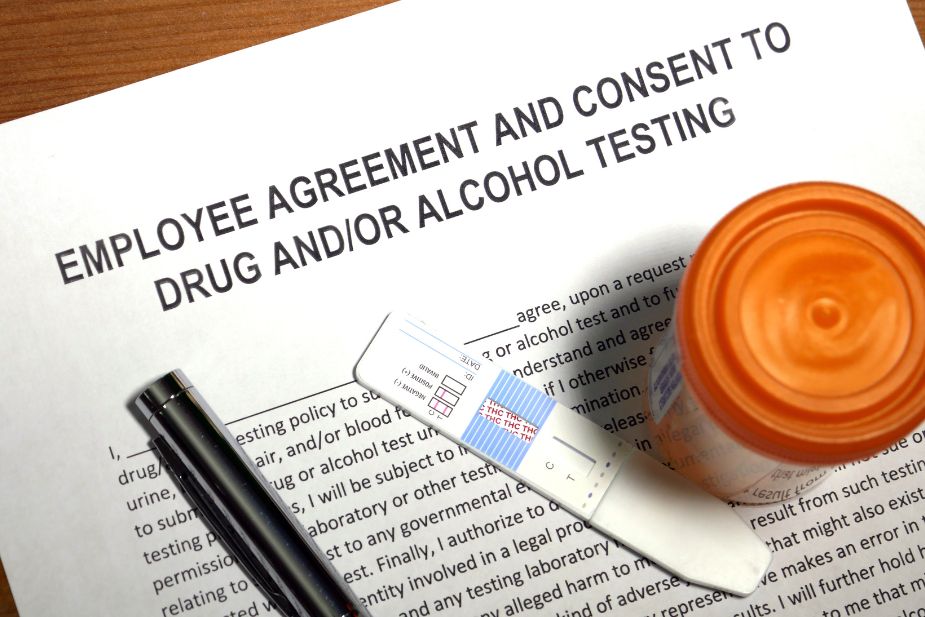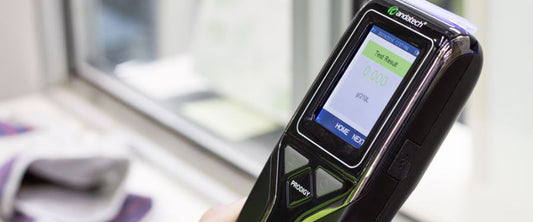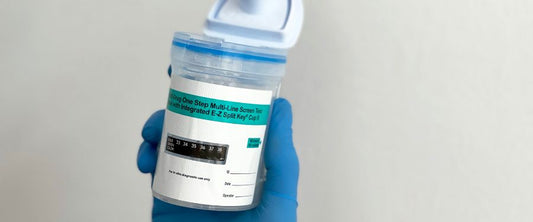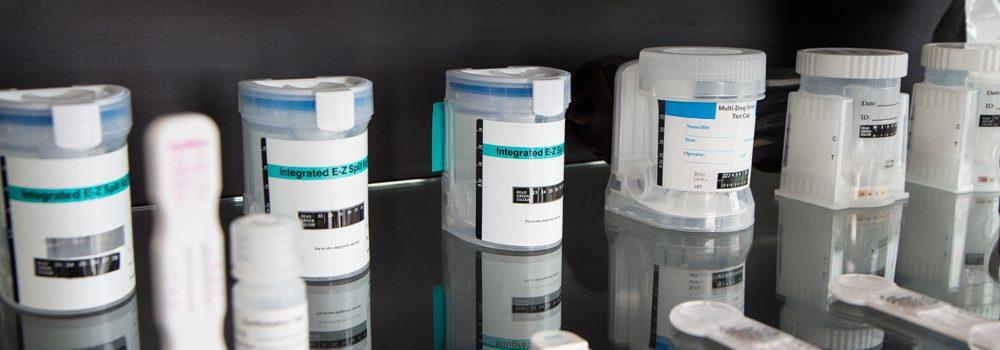Drug testing in the workplace remains a controversial topic even though it’s been in existence for years now. Employees insist that drug testing violates their right to privacy, whereas employers assert that they have the right to ensure workplace safety by enforcing a drug testing policy.
Workplace drug testing has its own set of advantages and disadvantages. Knowing these can help both employees and employers understand the importance of drug testing in the workplace.

Drug testing in the workplace ensures workplace health and safety
This is perhaps the biggest advantage of workplace drug testing. Any employee who is under the influence of drugs in the workplace poses a safety risk to themselves and to other employees. This is especially true in high risk industries that involve heavy machinery, driving vehicles, or handling hazardous chemicals.
The International Labour Organisation estimates that 20 to 25 per cent of all occupational injuries are a result of alcohol and other drug use. A study conducted for the National Centre for Education and Training on Addiction (NCETA) estimated alcohol use to be responsible for 5 per cent of all workplace deaths and up to 11 per cent of non-fatal injuries.
Enforcing a drug testing policy in the workplace can help to ensure workplace safety by preventing employees who are under the influence from attending work and becoming a hazard. Knowing how to spot drug use in the workplace is therefore crucial in any workplace. Furthermore, ensuring a safe working environment is the employer’s legal requirement. A workplace drug testing policy may be required if you suspect a drug or alcohol problem in your company. Addressing drug or alcohol use in the workplace quickly will be imperative to ensure that you meet your duty of care obligations under the OHS Act to ‘provide a working environment that is without risk to the health and safety of its workers’.

Workplace drug testing can boost productivity and employee morale
The cost of drug influenced employees in the workplace is astonishing. Not only is drug and alcohol use attributed to injuries and death in the workplace, they also cause lost productivity and absenteeism. In accordance to the Star, “The work performance of drug addicts usually deteriorates as they are unable to concentrate on their work besides being frequently absent from the workplace. Furthermore, it compromises the employer’s duty to ensure a reasonably safe and conducive workplace. Drug abuse among employees in and outside the workplace is something that is clearly not tolerated in Malaysia and is often viewed as acts of gross misconduct which justify dismissal from employment.”
Introducing a new alcohol and drug testing policy in the workplace can be advantageous in helping to prevent and lower absenteeism and other issues associated with drug and alcohol use in the workplace. This can help to boost employee productivity and morale by providing employees with a safety and healthy work environment. Companies that conduct pre-employment drug testing can also ensure that candidates are suitable for the role and are aware of the workplace’s drug and alcohol tolerance, policies, and strict standards when it comes to safety.
Drug testing in the workplace must be justified
Workplace drug testing is required in certain safety critical industries such as construction, road and rail transport, aviation, and mining. In recent years, drug testing has even spread to white collar workforces such as financial and stockbroking firms. However, if it isn’t required by a specific work order or code of practice, deciding to implement a workplace drug testing policy voluntarily can be complicated.
Managing alcohol and drugs in the workplace requires more than simply banning it from the workplace or stating a zero tolerance approach. The policy should be effective and well communicated to proactively address alcohol and drug problems in the workplace, ensure fairness and consistency when dealing with difficult situations, and to ensure that you meet your duty of care obligations under the OHS Act to ‘provide a working environment that is without risk to the health and safety of its workers’. A business without a clear and comprehensive policy leaves itself open to unnecessary risk.
A disadvantage of implementing a workplace drug testing policy is that it can be expensive, especially for companies requiring a large number of drug test kits. Fortunately, with the use of experienced third party sampling companies and convenient alcohol and drug testing solution packs, employers can opt for comprehensive yet cost-effective ways to conduct drug testing in the workplace.
The most important thing to know about drug testing is that it needs to be justified and should be accompanied by other measures that will make up a broader, rehabilitation-focused strategy. Remember that drug testing is an infringement on an employee’s bodily and information privacy, and therefore this infringement must be justified by the goals that workplace drug testing is being implemented to reach.
If you would like to perform a drug test within the workplace, or even at home, have a look through our drug testing kits.
Disclaimer: The information provided in this article is for general reference only. Please seek advice from professionals according to your business’s needs.
Written by Eugene Ng









